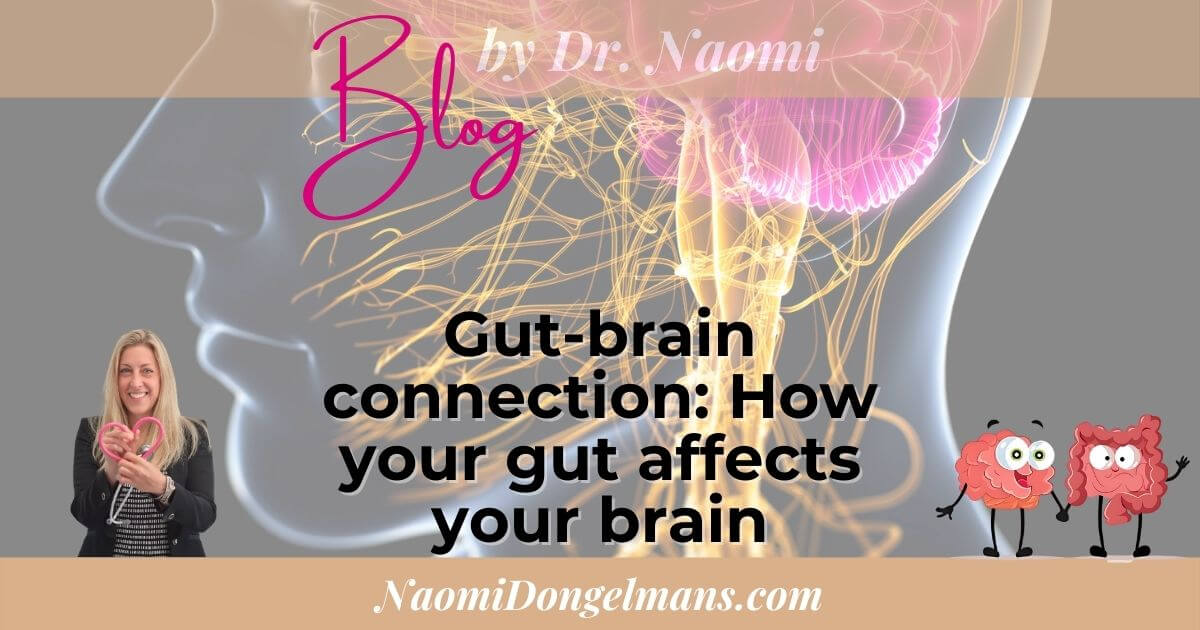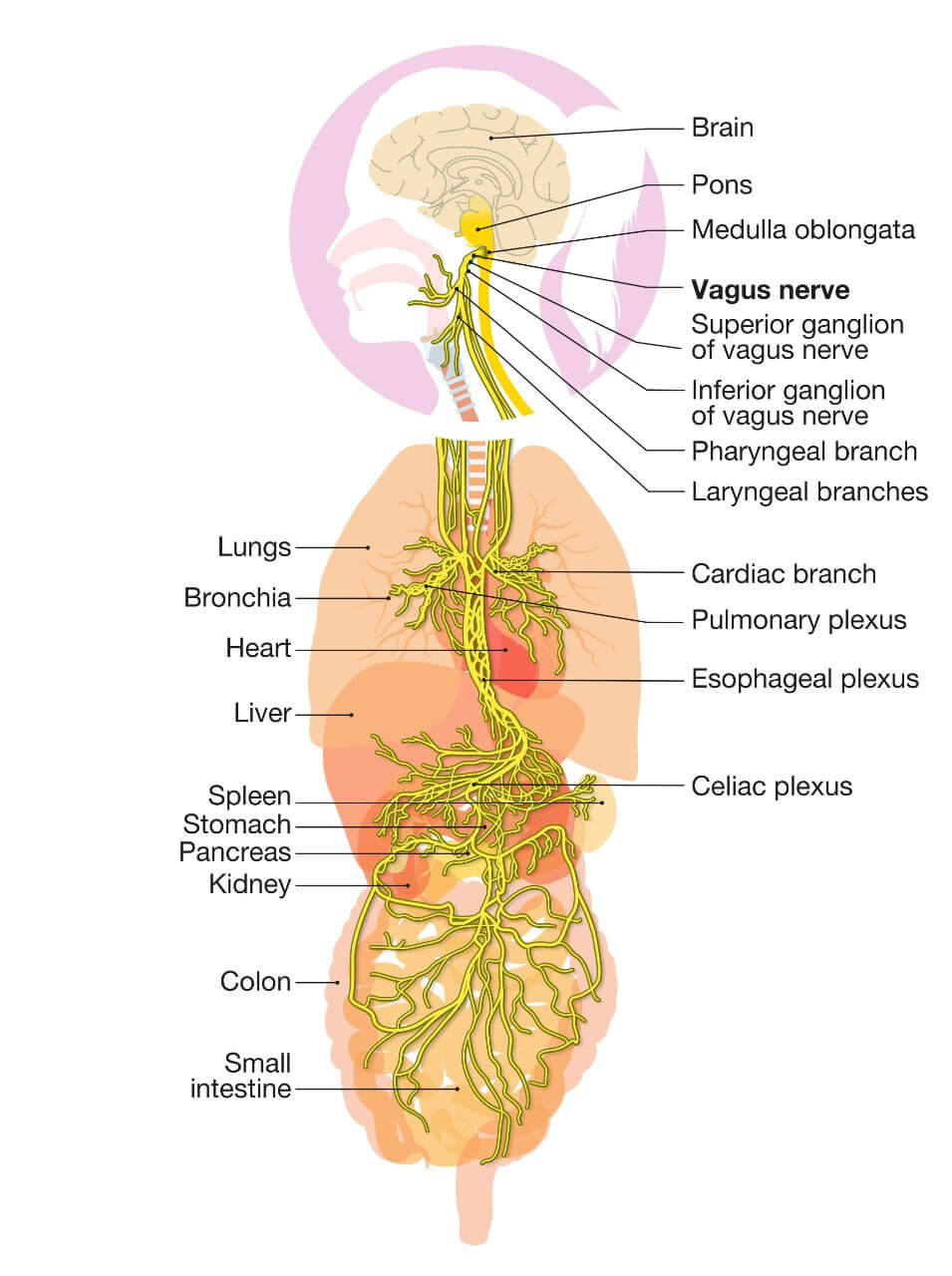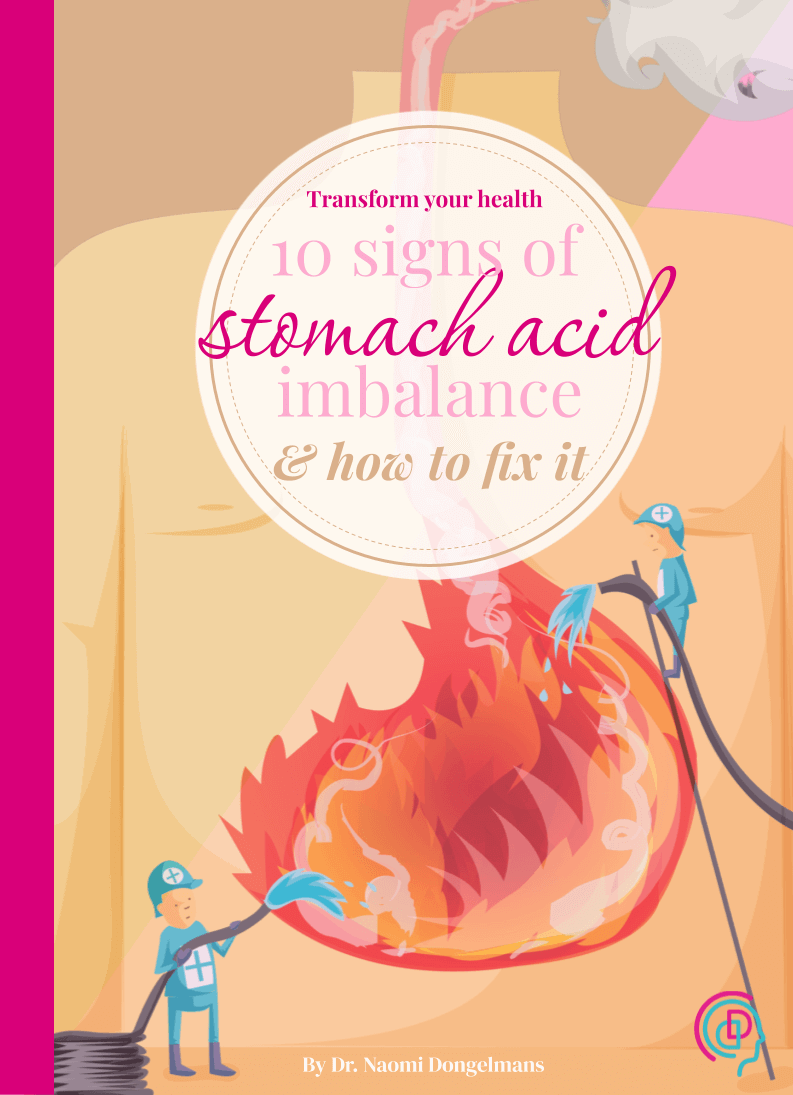
Content
Gut-brain connection basics
Have you ever had butterflies in your stomach or a gut feeling? Science shows a strong connection between your brain and your gut. Your gut produces many hormones that affect behaviour, mood, and overall function. It's no surprise that many mental health conditions, such as anxiety and depression, are linked to poor gut health. This understanding opens up exciting new treatment strategies.
The enteric nervous system: Your second brain
Your gut has its own nervous system: the enteric nervous system. Both the central nervous system (brain and spinal cord) and the enteric nervous system communicate and control the body. The gut has about 500 million neurons, functioning independently of the brain. This leads some scientists to call the gut your "second brain". While the gut doesn't think, it communicates with the brain through the nervous system and biochemically (e.g., hormones).
The vagus nerve: The highway between brain & gut
The vagus nerve connects the brain and gut neurons. It sends signals in both directions, influencing digestion and behavior. Mood swings may sometimes originate in the gut (e.g., after eating something wrong). Conversely, mind-body techniques (meditation, hypnosis) can improve digestion and calm the gut. Let's explore the gut-brain biochemical connection.
 The microbiome & hormones
The microbiome & hormones
Beyond the nervous system, your gut and brain also communicate through hormones. Your gut bacteria produce a significant portion of your body's serotonin (approximately 90%), the neurotransmitter often called the "happy hormone." Serotonin not only influences your mood but also affects your gut's movements and is a building block for melatonin, crucial for restful sleep. Another important hormone produced in the gut is GABA, a neurotransmitter that calms the nervous system and helps reduce anxiety. By nurturing a thriving gut microbiome, you can support the production of these beneficial hormones, improving both your mental and digestive health.
Understanding IBS treatment through the gut-brain axis
The relationship between your gut and brain is incredibly complex. Although there's still much to learn, we know the gut-brain axis plays a crucial role in managing digestive issues like Irritable Bowel Syndrome (IBS). Good digestion needs a relaxed body. Stress and tension can significantly disrupt digestion. Mind-body techniques, like mindfulness and deep breathing, help you become more aware of physical tension, allowing you to manage it better. This leads to improved digestion and is a vital part of a whole-body approach to gut health.
Real-life success stories: The gut-brain axis in action
To illustrate the power of this connection, let's look at two of my patients:
Maria: Overcoming chronic fatigue
David: Managing panic attacks
Restoring your gut-brain balance
Are you struggling with digestive issues alongside feelings of overwhelm, depression, anxiety, or low energy? These problems are often connected. Addressing both your gut health and your nervous system can significantly improve your overall well-being and potentially eliminate many symptoms. Learn practical strategies for restoring balance by joining our FREE 4-Day Serenity at Sea Online Retreat! We'll focus on simple, effective techniques to calm your nervous system, reduce stress, and boost your energy. Discover how to regain control of your health and experience lasting relief.
Click here to secure your spot!
A Nervous System Rebalance Retreat
Navigating to Less Cortisol for Better Health & Resilience in 4 days
I hope this article was informative. Let me know if you have any questions.




























0 Comments